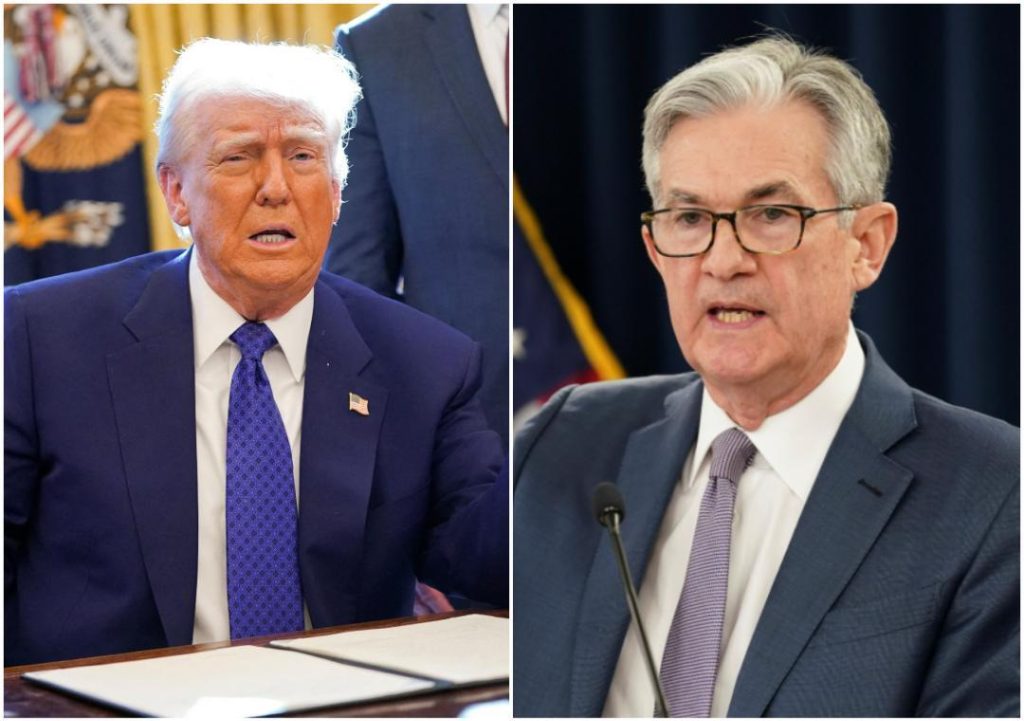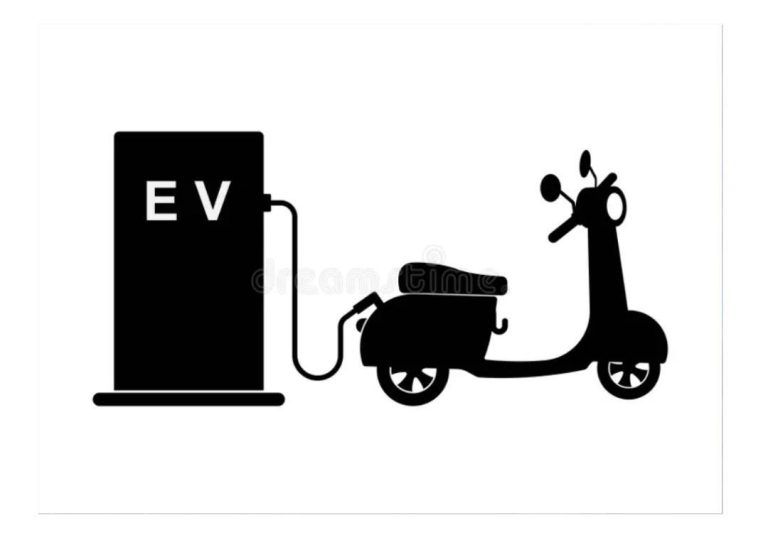
Title: His Termination Can’t Come Fast Enough: Trump on Fed Chair Powell
The war of words between US President Donald Trump and Federal Reserve Chair Jerome Powell has reached a new level, with Trump expressing his strong disapproval of Powell’s leadership and demanding immediate interest rate cuts. In a recent statement, Trump declared that Powell’s termination “cannot come fast enough” and criticized him for not lowering interest rates, saying he “should have lowered interest rates, like the European Central Bank, long ago, but he should certainly lower them now”.
This latest outburst from Trump has sparked a heated debate about the role of the Federal Reserve and the impact of its monetary policy decisions on the US economy. As the world’s largest economy continues to grapple with the challenges of slow growth and high unemployment, the Federal Reserve’s decisions on interest rates have become increasingly important.
The Fed’s benchmark interest rate is currently set at 4.25%-4.50%, with many economists believing that it is too high to stimulate economic growth. Trump, who has a reputation for being impulsive and prone to making unconventional decisions, has been vocal about his desire to see interest rates lowered. He has argued that lower interest rates would boost economic growth and create jobs, while also reducing the burden of debt on American households.
However, Powell and other Fed officials have been more cautious in their approach, citing the need to balance the economy’s growth prospects with the risk of inflation. They have also emphasized the importance of independent decision-making, arguing that the Fed should not be influenced by political pressures or short-term political considerations.
Despite his criticism of Powell, Trump has a long history of meddling in the Fed’s decision-making process. In 2018, he publicly pressured the Fed to cut interest rates, saying that the economy was “doing very well” and that the Fed should “get our interest rates down to zero or less”. The Fed subsequently cut interest rates three times in 2019, but Trump was not satisfied, continuing to push for further rate cuts.
The tensions between Trump and Powell have also raised questions about the independence of the Federal Reserve. The Fed is supposed to be an independent agency, with its decisions made based on economic data and analysis rather than political considerations. However, Trump’s criticism of Powell and his demands for interest rate cuts have led some to question whether the Fed is truly independent or whether it is being influenced by the White House.
The implications of Trump’s comments are significant, not just for the Federal Reserve but also for the broader economy. If interest rates are cut too quickly or too aggressively, it could lead to inflation, asset bubbles, and other economic risks. On the other hand, if interest rates are not cut quickly enough, it could slow down economic growth and lead to higher unemployment.
In conclusion, the feud between Trump and Powell is a significant development in the world of economics and politics. While Trump’s criticism of Powell and his demands for interest rate cuts may be driven by political considerations, they also reflect a deeper concern about the state of the US economy. As the world’s largest economy continues to grapple with the challenges of slow growth and high unemployment, the Federal Reserve’s decisions on interest rates will be closely watched by investors and policymakers around the world.






